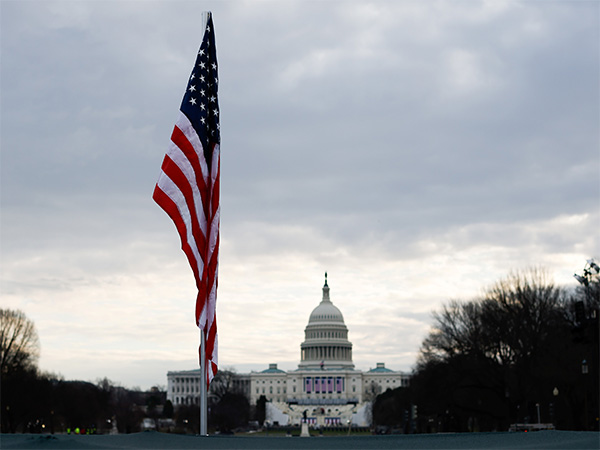Impact of 9/11: Reshaping U.S. Policy and Global Counterterrorism
The 9/11 attacks profoundly altered U.S. foreign policy and counterterrorism strategies, leading to military interventions in Afghanistan and Iraq. Emergency powers granted post-9/11 expanded military and intelligence operations, while domestic security saw increased surveillance and regulations. These shifts continue to influence global geopolitics and raise ethical and legal questions.

- Country:
- United States
The September 11, 2001 attacks marked a turning point in U.S. foreign policy and counterterrorism, shifting focus towards preventing such incidents globally. The U.S. launched military interventions in Afghanistan and Iraq under the Global War on Terrorism, aiming to dismantle terrorist networks and eliminate threats.
In the aftermath of 9/11, President George W. Bush's visit to the devastated World Trade Center underscored his commitment to combating terrorism. The subsequent emergency declarations expanded presidential powers, allowing military action and targeting of terrorist financing globally. These measures laid the groundwork for extensive counterterrorism efforts, influencing policies till today.
A landmark decision on September 17, authorized the CIA to detain individuals perceived as threats, spawning secretive black sites. The dissemination of anthrax letters further compounded public fear. Congressional approval of the Authorization for Use of Military Force (AUMF) empowered U.S. forces to pursue al-Qaeda and other groups, justifying military actions in multiple countries.
Bush's global 'war on terror' strategy outlined in Congress included preemptive strikes, altering traditional international relations. This strategy strengthened global alliances for intelligence sharing and security cooperation. Initiatives such as Operation Enduring Freedom exemplified this approach, leading to the fall of the Taliban in Afghanistan.
On the domestic front, legislation like the Patriot Act intensified intelligence coordination and surveillance, stirring debates over privacy rights. The creation of the Department of Homeland Security aimed to centralize counterterrorism efforts. However, security measures and the invasions were criticized for overreaching and lacking evident WMDs in Iraq.
Drone warfare and intelligence reform characterized evolving U.S. strategies, targeting high-value threats and bolstering interagency communication. Efforts to disrupt terrorist financing networks were met with the rise of domestic extremism, presenting new security challenges.
Guantanamo Bay's detention camp symbolizes the ongoing ethical dilemmas surrounding U.S. counterterrorism methods. Its high costs and legal controversies reflect broader criticisms regarding post-9/11 policies.
(With inputs from agencies.)
ALSO READ
Afghanistan Secures Victory Despite Batting Woes
Afghanistan's Middle Order Resilience Shines in Asia Cup Opener
Urgent Appeal for Afghanistan's Earthquake Survivors Amidst Donor Dilemmas
Afghanistan Dominates Asia Cup Opener with Stunning Victory
Rashid Khan Leads Afghanistan Against Hong Kong in Asia Cup Opener










